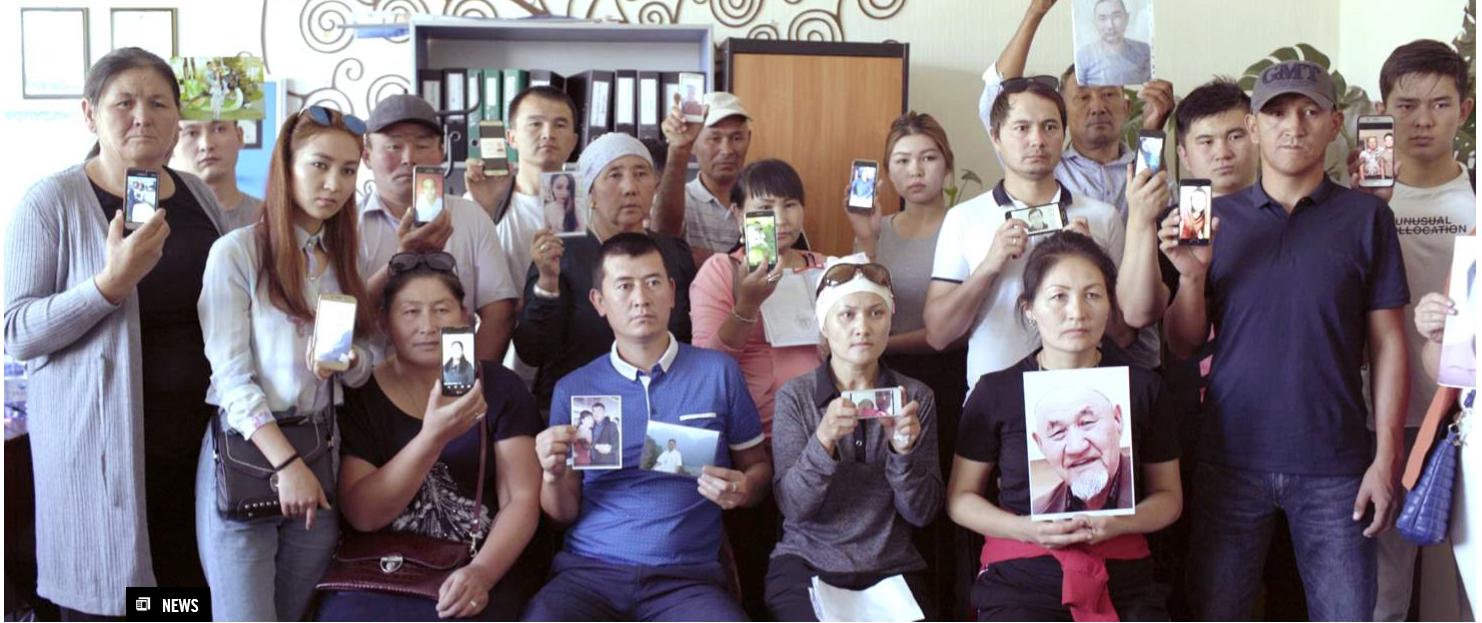China’s human rights record to come under scrutiny by UN Human Rights Council
The Chinese government must tell the truth over the mass internment of up to one million predominately Muslim people in the Xinjiang Uighur Autonomous Region (XUAR) when the country’s human rights record comes under review at the UN Human Rights Council next Tuesday, Amnesty International said.
In the face of mounting evidence that a campaign of mass internment, arbitrary punishment and torture has taken place since early 2017, the Chinese government finally acknowledged the camps’ existence last month, but claimed they are “vocational training centres.”
“The Human Rights Council must send an unequivocal message to the Chinese government that their campaign of systematic repression in the XUAR, including the arbitrary detention of up to one million people, must end,” said Patrick Poon, China researcher at Amnesty International.
“This would contribute to addressing the plea of hundreds of thousands of families who have been left devastated by this crackdown against ethnic minorities.”
At China’s last human rights review in 2013, the government gave assurances that independent UN human rights experts would be allowed to visit XUAR, yet none have since been granted access to the region.
The Chinese authorities consistently denied the camps’ existence until 16 October, when the governor of the XUAR described them as vocational training centres in an interview with Chinese state media. There is a credible and growing body of evidence – including satellite images and scores of testimonies from families of those missing and individuals previously detained – suggesting that human rights violations are being carried out on a grand scale within the camps.
“The Chinese authorities’ recent propaganda should fool no one. The internment camps are places where torture and other forms of ill-treatment is rife. States need to demand the truth from China in the UN Human Rights Council review on Tuesday,” said Patrick Poon.
The past year has seen an intensifying government campaign of mass internment, intrusive surveillance, political indoctrination and forced cultural assimilation against the region’s Uighurs, Kazakhs and other predominantly Muslim ethnic groups. Most of the detainees’ families have been kept in the dark about their loved ones’ fate and are often too frightened to speak out.
The internment of predominantly Muslim ethnic groups in the XUAR has intensified since March 2017, when a “Regulation on De-extremification” was adopted in the region. Open or even private displays of religious and cultural affiliation, including growing an “abnormal” beard, wearing traditional veils or headscarves, regular prayer, fasting or avoidance of alcohol, or possessing books or articles about Islam or Uighur culture can be considered “extremist” under the regulation.
Travel abroad for work or education, particularly to Muslim majority countries, or contact with people outside China are also major reasons for suspicion.
Background
The process by which the Human Rights Council reviews how each UN member state is fulfilling its human rights obligations and commitments is known as Universal Periodic Review (UPR). Civil society groups and organizations play a key role in the UPR process by providing information about the situation of human rights in countries under review and suggesting measures to address challenges. Amnesty International’s submission of information for China’s upcoming review can be found here.
For further information or to request an interview with Amnesty International’s experts on human rights in China please contact: Elizabeth Berton-Hunter, Media Relations 416-363-9933 ext 332 bberton-hunter@amnesty.ca






















